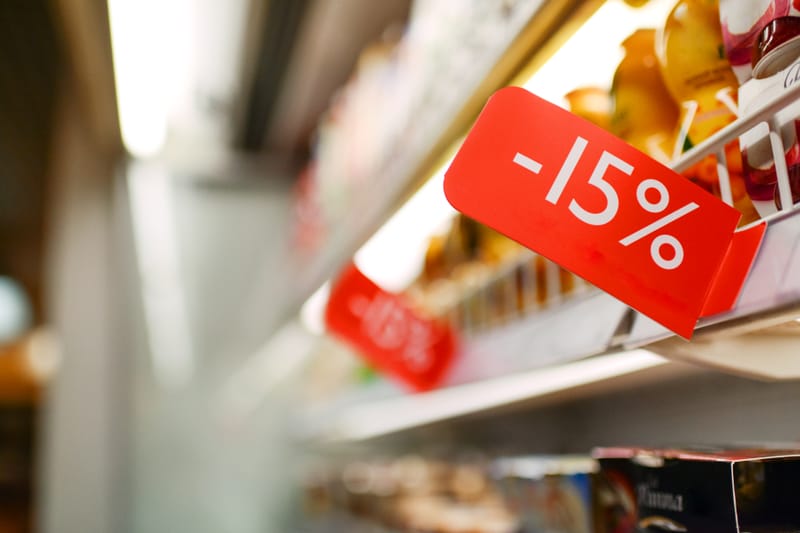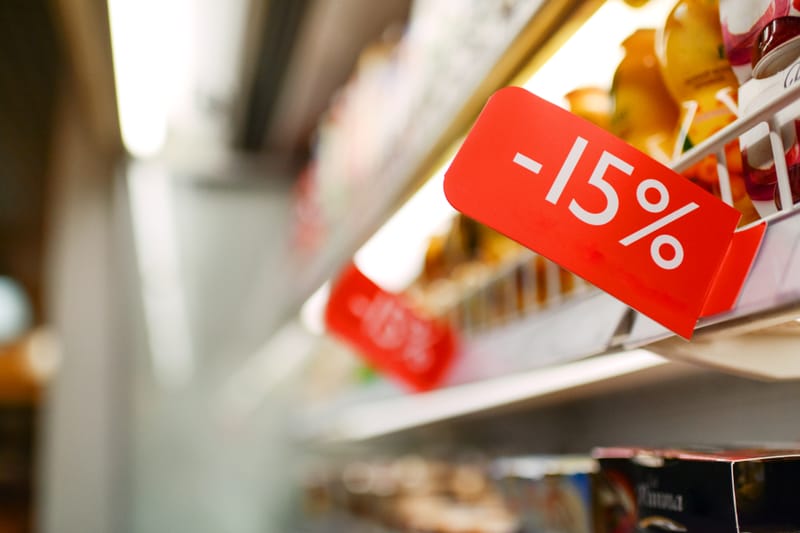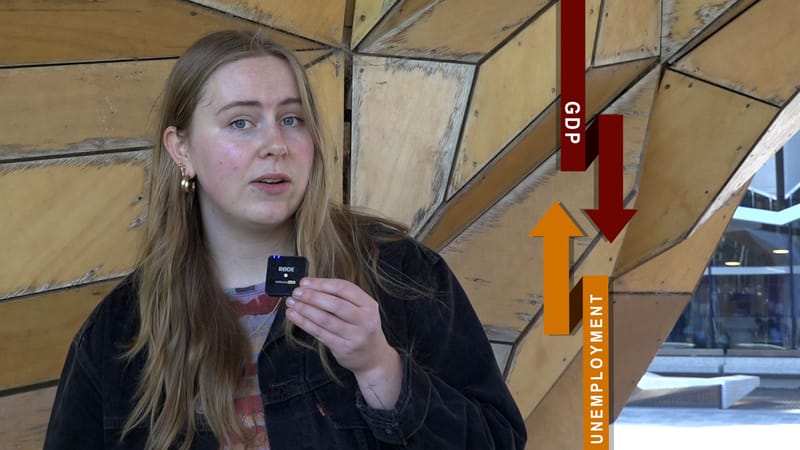Cancel Culture Kills Careers
🔗 [SYSTEM UPDATE] Link found. Timestamp incremented on 2025-11-26 13:55:13.By Cameron McRae
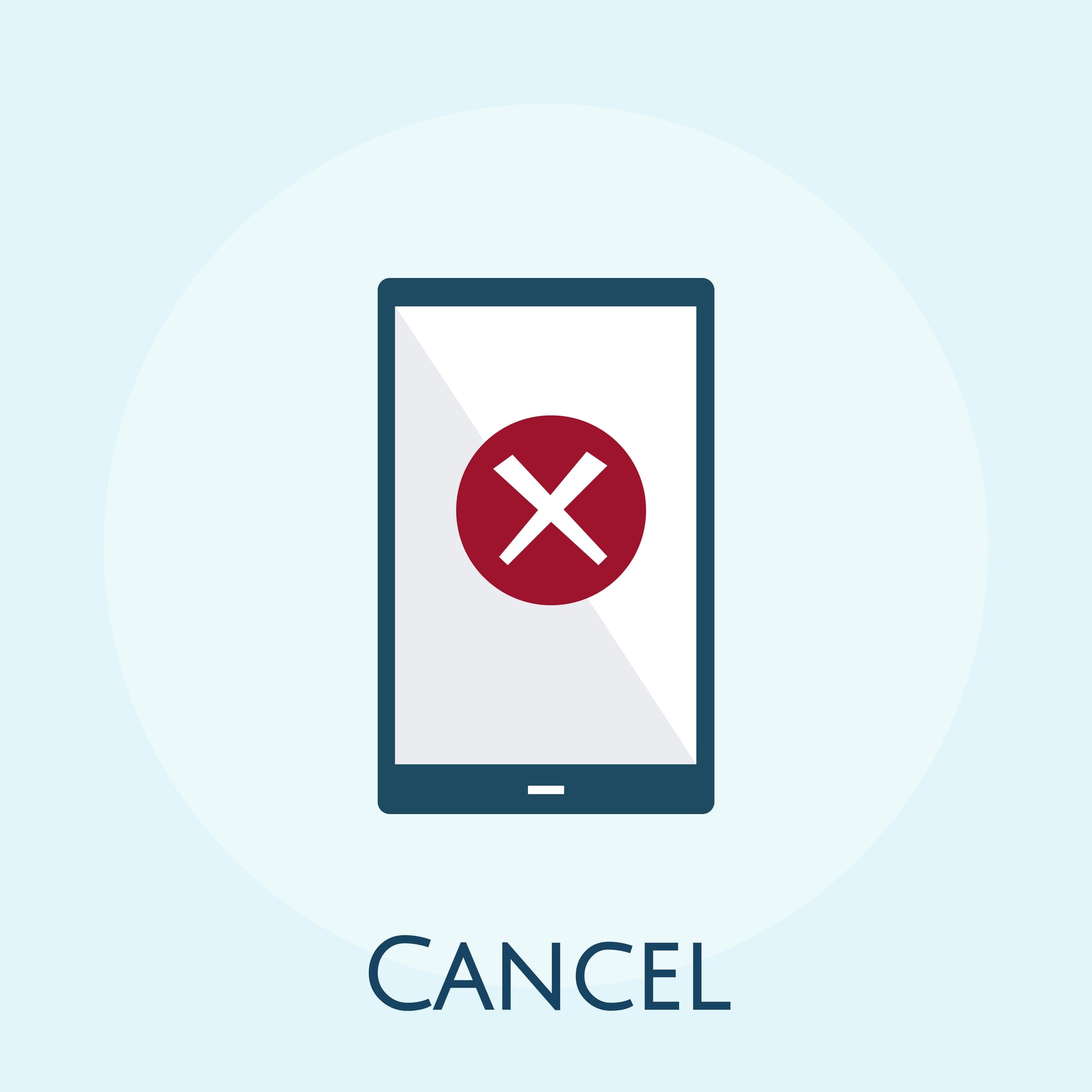
By Cameron McRae
Digital boycotting known as "cancel culture" has forced businesses and content creators to change the way they interact with consumers, as keyboard warriors threaten to push them offline.
Cancel culture is a growing form of clicktivism where public figures and businesses are attacked online in response to perceived problematic behaviour. It's a form of social media shaming which usually has the goal of getting the target fired, or putting them out of business.
Celebrity singers Cardi B, Diana Ross and Barbra Streisand have all been recent targets of cancel culture.
Streisand was forced to apologise after she was hit with furious online backlash for comments made after the documentary Leaving Neverland was released.
The singer blamed the parents of Michael Jackson's alleged sex abuse victims, saying they allowed "their children to sleep with him".
Shortly following her controversial remarks, the hashtags #CancelBarbra and #CancelBarbraStreisand began trending online.
Senior business lecturer at Monash University Nathan Eva said cancel culture among young people created an “imperative” for people and businesses to maintain a virtuous image.
“For businesses who are looking at engaging with Generation Z, a virtuous image has never been more important,” Dr Eva said.
Dr Eva said increasingly “socially conscious” young people were choosing to spend their money with businesses “based on reputation”.
“Where consumers have options, cancel culture will have a broader effect,” Dr Eva said.
“If you’re one retailer in a market of dozens or hundreds, then online outrage is going to have a massive impact.”
Dr Eva also warned about “fast firings” of employees based on “online indiscretions”, as companies tried to shield their reputation.
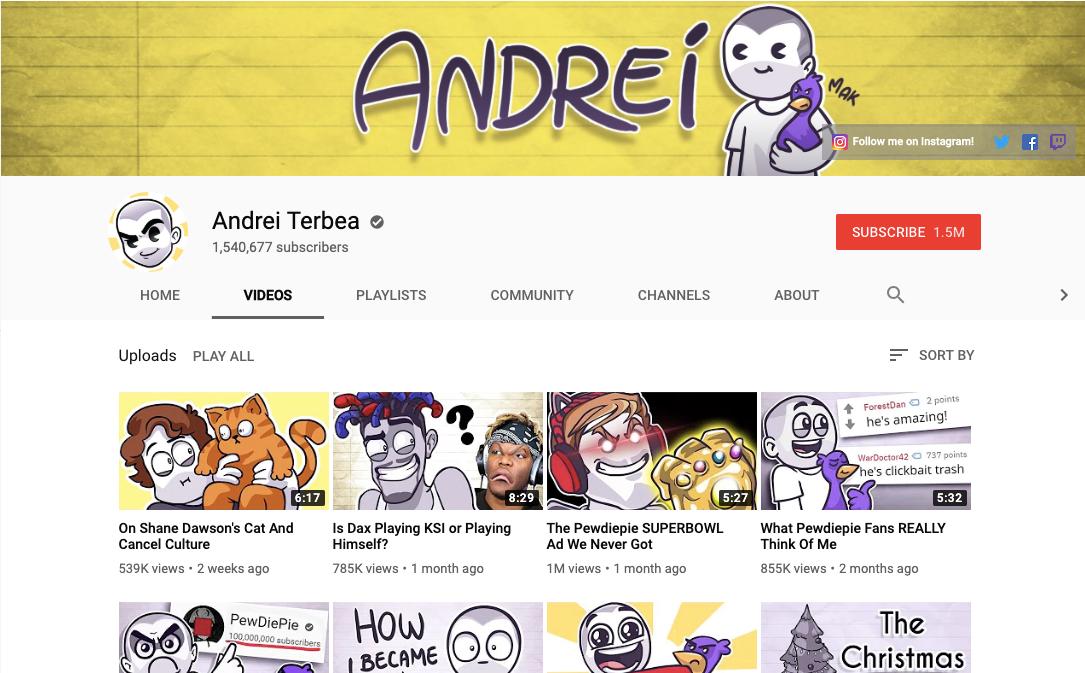
Andrei Terbea runs YouTube channel Andrei Terbea Animations and is a critic of cancel culture because it has resulted in “a lot of tension”.
“High profile people, and even more so companies, are much more prone to avoid sensitive topics, and even police each other,” Mr Terbea said.
“Not because they think something is wrong, but because they’re worried how others will perceive their silence.”
For online content creators like Mr Terbea, getting cancelled could mean the end of their career.
“Hopefully as internet culture matures cancel culture will slowly die down or, at the very least, become less strict,” he said.
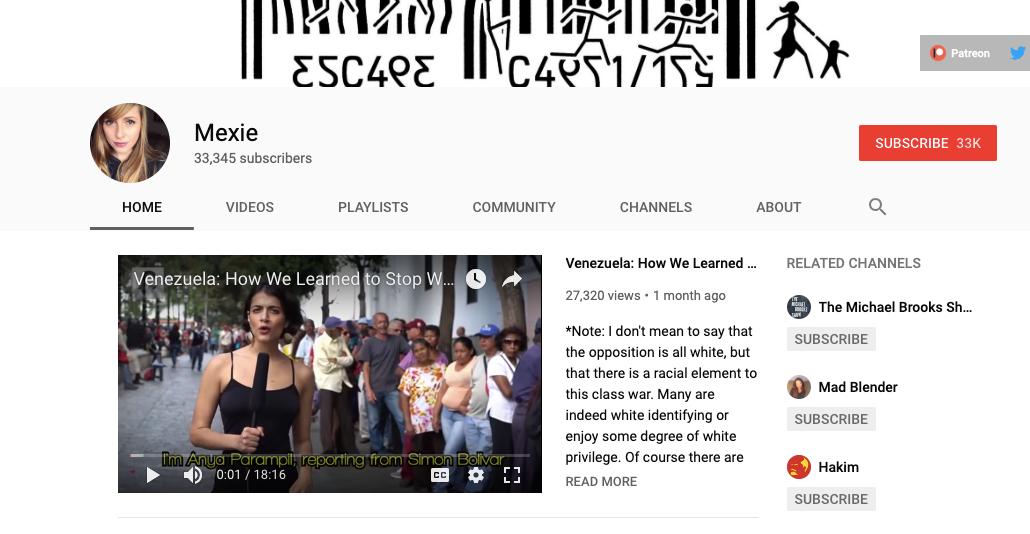
Another YouTube channel creator known as Mexie said cancel culture was not entirely bad.
“Cancel culture can act to regulate how people interact online, in some ways that may be a good thing,” Mexie said.
“Certainly cancel culture has been important for marginalised communities trying to navigate hostile spaces online.
“I do worry about personally being cancelled. That’s always a possibility on these platforms.”


